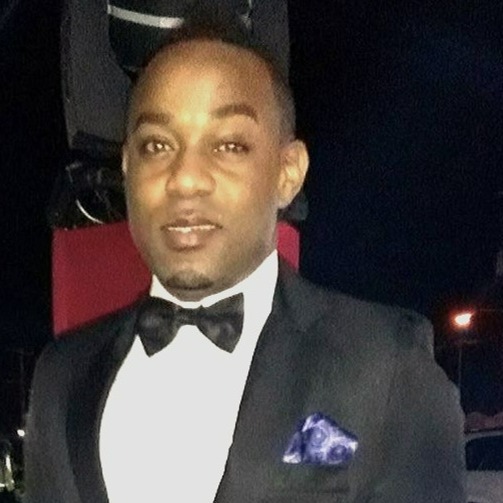Mediation and Nonviolent Communication are both forms of communication that enable people to resolve conflicts effectively and without violence. Mediation is a process in which a neutral third party (the mediator) is used to reach an agreement between the parties in conflict. Nonviolent Communication (GfK) is about treating the other person with respect and empathy and communicating honestly and directly. Although the two approaches are different, they are often combined to resolve conflicts. Both methods work to create an atmosphere in which all parties can express their needs and perspectives without fear of violence or aggression. While it is possible to conduct mediation without using Nonviolent Communication, it is important to note that using Nonviolent Communication can help reach a resolution in some cases. Nonviolent communication can help to understand and resolve conflicts by improving the communication process and providing a better understanding of the needs of the parties involved.

When is Nonviolent Communication used as a resolution approach and when is mediation used as a resolution approach?
Nonviolent communication is used as a resolution approach primarily in conflict situations where the parties involved disagree. It helps to understand, mediate, and accept the positions of both sides without one side trumping the other.Mediation is used as a resolution approach primarily in complex conflicts where the parties involved are unable to reach an agreement. The mediator acts as a neutral facilitator and helps the conflicting parties reach a compromise that is fair to all.
How can mediation and Nonviolent Communication be combined in practice?
In practice, mediation and Nonviolent Communication can be combined by a mediator guiding and supporting the interlocutors to apply the basic rules of Nonviolent Communication. First, the mediator can help the parties formulate constructive intentions for the conversation before they move on to listening and responding to each other. Throughout the mediation process, the mediator can guide the interlocutors to treat each other with respect and to express their feelings and needs, rather than blaming and judging each other. The mediator can also intervene when needs are disregarded or when an interlocutor is unwilling to engage in a nonviolent conversation.

What are the principles of Nonviolent Communication?
1. observation without evaluation: observe the situation without evaluating it. Formulate clear and concrete observations.
2. Express feelings: Name your feelings when you talk about something. Avoid projecting your feelings onto others.
3. name needs: Name your needs and be aware of what you want. Avoid projecting needs onto others.
4. formulate requests: Make a specific request that clearly meets your needs.
5. take responsibility for yourself: Accept that only you are responsible for your actions and feelings.

What are the principles of mediation?
1. participation: all parties are actively involved in the mediation.
2. autonomy: each participant has control and responsibility for the decisions he or she makes.
3. neutrality: the mediator is a neutral intermediary and tries to treat all parties equally.
4. confidentiality: all information obtained in the mediation is confidential.
5. Creativity: the mediator will attempt to find creative and innovative solutions that meet the needs of all parties involved.
6. impartiality: the mediator will be impartial and unbiased.
7. honesty: the mediator will be honest and open.
8. openness: all participants are encouraged to be open and honest.
9. respect: all participants will have respect for each other and accept each other’s opinions.
10. goal orientation: the mediator will try to reach a mutually agreeable solution that satisfies all parties involved.
So what is the advice when it comes to creating a non-violent level of communication in mediation as a mediator?
The best advice is to create an appreciative and open communication atmosphere. This means respecting and listening to all parties in the mediation. Even if the participants are angry or frustrated, it is important that everyone speak in a way that is not aggressive or disrespectful. The mediator can encourage the parties to open up and engage in a non-violent level of communication by creating a sense of safety and trust.



































